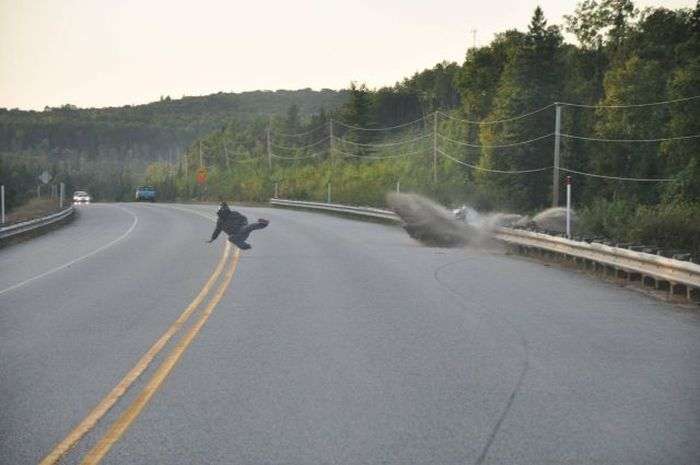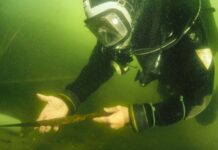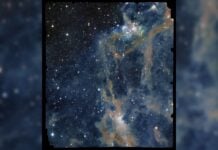The latest science headlines span from ancient life traces to modern space mishaps, offering a glimpse into the past, present, and future of discovery. Here’s a breakdown of the key developments:
Traces of Ancient Life Confirmed with AI
Geologists using artificial intelligence have identified chemical signatures of life in 3.3-billion-year-old rocks from around the globe. While older evidence exists – including 3.48-billion-year-old stromatolites in Australia and contested 3.95-billion-year-old traces from Canada – this new study leverages AI to distinguish between rocks that once harbored life and those that didn’t with over 90% accuracy. This method circumvents the challenge of identifying degraded biomolecules, providing stronger evidence of early life on Earth.
NIH Funding Cuts Halt Hundreds of Clinical Trials
A study in JAMA Internal Medicine reveals that funding cuts under the previous administration halted 383 clinical trials – roughly 1 in 30 NIH-funded studies. This resulted in 74,000 patients being removed from trials, particularly impacting early-phase research. The biggest cuts came from the National Institute of Allergy and Infectious Diseases (NIAID), including a $500 million reduction in mRNA vaccine research. The current administration’s skepticism toward mRNA technology has further destabilized the industry, despite its potential for treating cancer and genetic diseases.
Mysterious Signals from Starlink Satellites
Amateur astronomer Scott Tilley discovered unusual radio signals emanating from U.S. government-operated Starlink satellites. These signals appear to be intentionally using frequencies reserved for satellite uplinking, but are instead transmitting down to Earth, violating international regulations and potentially disrupting other spacecraft. The purpose of these signals remains unknown, raising concerns about secretive satellite operations and their impact on space communication.
Comet 3I/ATLAS: A Breathtaking Spectacle
Comet 3I/ATLAS continues to captivate astronomers and astrophotographers alike. Recent images, including one captured by Satoru Murata showing the comet passing in front of a distant galaxy, showcase its striking green glow and distinctive tail. NASA will release new images during a live event on Wednesday, November 19, at 3 p.m. EST.
Climate Change: A Thousand Years of Heatwaves
New climate modeling suggests that even if net-zero emissions are achieved, heatwaves will continue for at least 1,000 years. This underscores the long-term inertia of the climate system and the irreversible effects of past emissions. Even with aggressive mitigation efforts, future generations will face prolonged and intensified heatwaves.
Quantum Clock Paradox: Energy Costs
Researchers have built a quantum clock that requires more energy to read than to run. This highlights the inherent thermodynamic costs of quantum measurement, suggesting that accessing information at the quantum level is fundamentally energy-intensive.
Ancient Goose-Human Interaction?
A 12,000-year-old clay figurine unearthed in Israel may depict a goose attempting to mate with a squatting human. The artifact raises questions about the beliefs and rituals of the Natufian culture that created it.
Dementia Surpassing Heart Disease in Mortality
In Australia, dementia has become a more significant cause of death than heart disease. This shift reflects improvements in healthcare and increased lifespans, leading to a higher prevalence of age-related cognitive decline.
Stranded Astronauts and Space Debris
Three Chinese astronauts remain stranded in the Tiangong space station after their return capsule was deemed unusable due to potential space debris damage. This incident highlights the risks of space travel and the need for improved space debris mitigation strategies.
These developments underscore the ongoing challenges and triumphs of scientific exploration, from unraveling the mysteries of ancient life to navigating the complexities of modern space travel. The future of science remains uncertain, but the pursuit of knowledge continues unabated
































